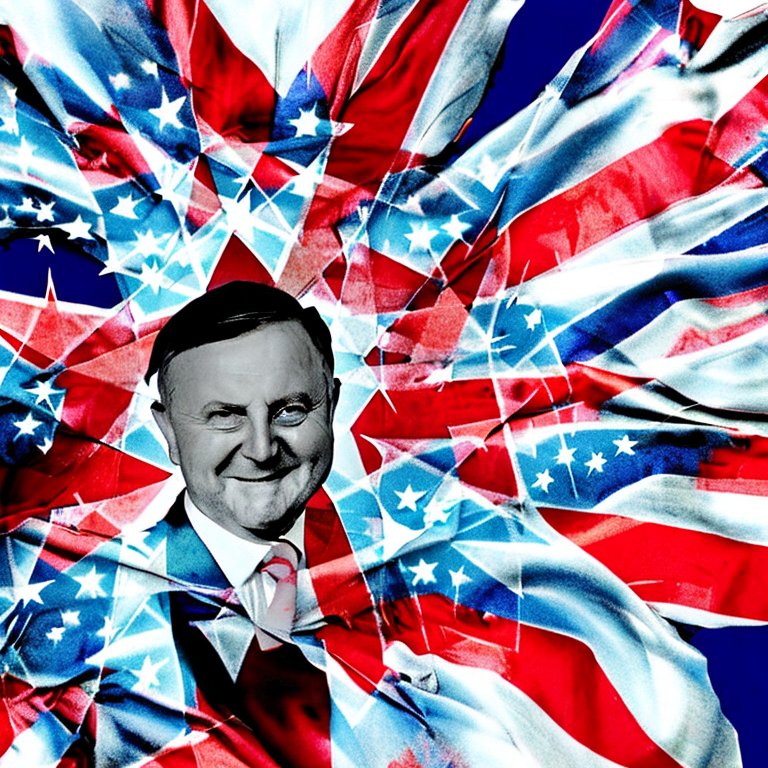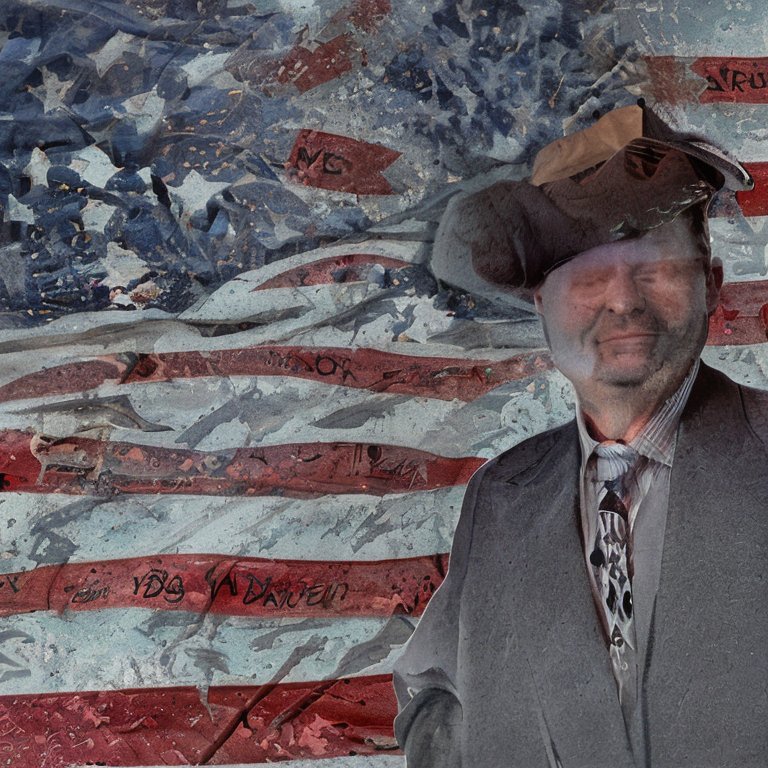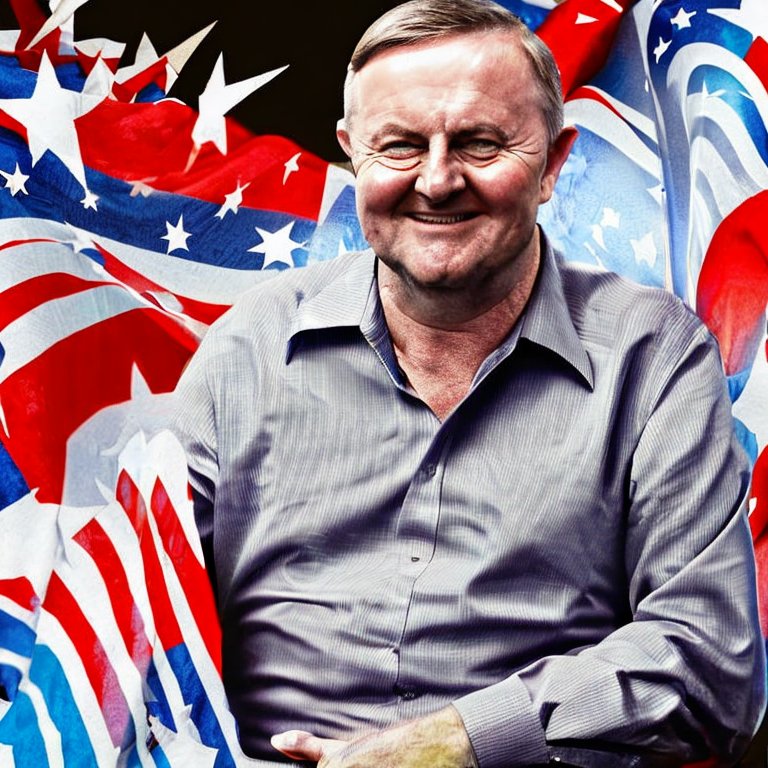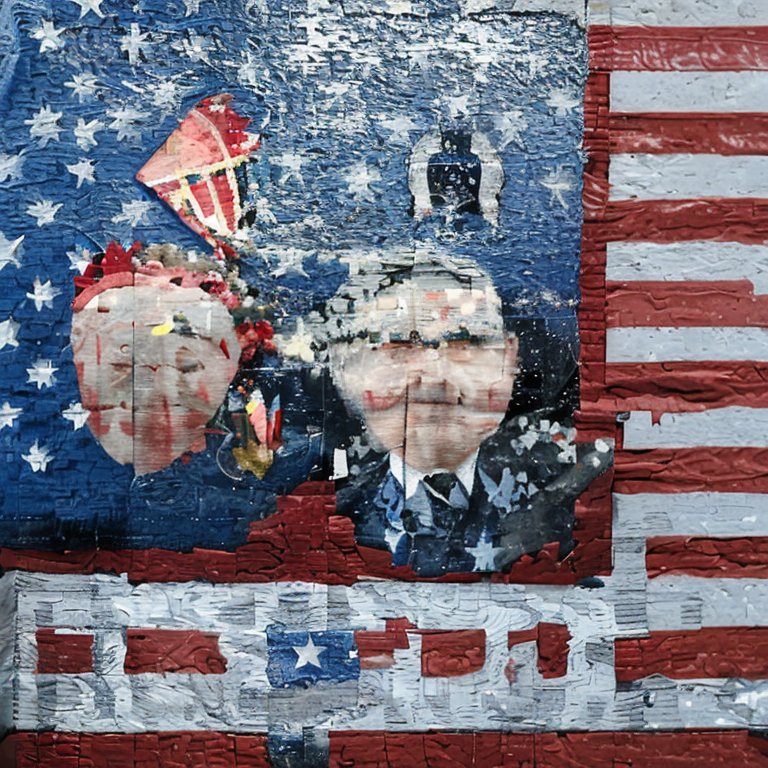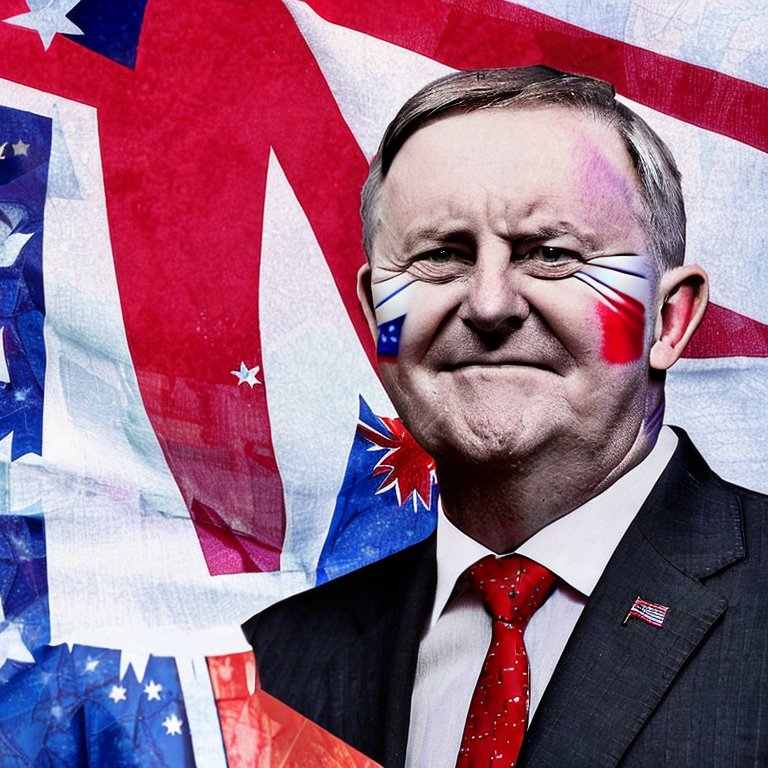By Allan Patience: University of Melbourne. Pearls and Irritations.
When will Australians realise, as former Australian Prime Minister Paul Keating has been unerringly consistent in arguing, that they are part of the cosmopolitanism and complexity of Asia, and not a Western imagined community presided over by a fast declining America?
During the maligned years of the Morrison-Turnbull-Abbott governments, Australia’s international reputation fell on a number of significant measures – consider our laggard status on climate change, our deteriorating human rights record, our significant drop on Transparency International’s corruption index, our diminished diplomacy in our region and on the world stage, our hubris towards the UN, and our provocations of China.
The treatment of asylum seekers by governments, from the time of Howard, has earned Australia the reputation of a cruel and morally backward country – rather how South Africa was regarded during the apartheid years.
Under the Morrison government, Australia drifted towards isolation in regional and global affairs as China wooed our South Pacific neighbours. Beijing pointedly rebuffed attempts by Canberra to engage in dialogues on issues like trade.
Australia’s response was a campaign of crude anti-China hysteria, aided and amplified by the Murdochracy mob. This campaign attracted no support from our Southeast Asian neighbours. Morrison’s response was to imagine he had initiated AUKUS, focusing Australia’s attention on the US alliance while trying to beef up our ties with post-Brexit Britain.
So there was much to attend to when the Albanese government came to power.
There can be no doubt that Foreign Minister Penny Wong has been an energetic visitor and dialogue partner with the South Pacific states – visits that, to a degree, have stymied some of China’s push into the region. She has also been effective in getting to know her Southeast Asian counterparts and has sought to open diplomatic channels with China. All to the good, but with seemingly little help from her “friends”, Prime Minister Anthony Albanese and his deputy Richard Marles.
Senator Wong’s foreign policy initiatives have been darkly overshadowed by Deputy Prime Minister Richard Marles and PM Anthony Albanese’s craven desire to bolster the alliance with Washington, while reviving ties with the UK – the latter is an exercise in nostalgia rather than realpolitik, which perhaps helps to explain Albanese’s quixotic attendance at Charles III’s coronation.
So they happily signed Labor on to the AUKUS madness, rehearsing the role played by Morrison as the dangling puppet of the Americans and British. No doubt there were many grins exchanged by officials in Washington and Whitehall, behind the backs of the naïve Labor men from Australia who had been brought into line on AUKUS with such little fuss.
And now Albanese has been to the G-7 meeting in Vilnius Lithuania and joined a NATO summit discussing Russia’s war on Ukraine. On the way there he was glad-handed by the German Chancellor in Berlin, eagerly signing up to a defence agreement that will see German troops training in Australia, and agreeing to the construction of over 100 Boxer Heavy Weapons Carriers to be built by arms manufacturer Rheinmetall, a German company with a subsidiary based in Redbank, Queensland. (Rheinmetall, let it be clearly understood, is not an Australian company.) He also signed on to Germany’s G-7 Climate Change Club, an entity of little consequence but which flatters Albanese into thinking Australia has been brought in from the diplomatic cold.
Meanwhile, Paul Keating has again raised the alarm about the Eurocentric drift of Australia’s foreign and defence policy under Albanese and Marles. In particular, Keating has savaged Albanese’s kowtowing to the NATO Secretary-General Jens Stoltenberg’s policy of expanding NATO’s influence into the Asia-Pacific, in reaction to China’s rise. French President Macron is opposed to Stoltenberg’s Asian ambitions, noting that NATO is first and foremost – and only – an Atlantic-focused security pact. Albanese persists with his blundering support for Stoltenberg whom Keating rightly describes as a “supreme fool.”
The Murdochracy and ideologues of similar hue, like Peter Hartcher in the equally blinkered 9 media, have been savaging Paul Keating’s latest commentary on the Albanese-Marles defence policy focus.
Given their abysmal track record on issues as diverse as the Robodebt scandal, the Berejiklian scandal, and the devastating history of the Morrison government, this should be grounds for taking the Keating message far more seriously than they seem to be capable of.
Paul Keating’s message has two major elements to it that are being dangerously over-looked by the government and the mainstream media.
First, China’s rise is malevolently interpreted by the government, its advisers, and in the media as a threat to the global hegemony of the United States and its so-called “international rules based order”.
As Keating points out, this “order” has seen the United States initiating numerous post-World War II conflicts and wars, all of which it has lost. And in all of them, Australia has been a complicit and compliant partner.
This is in stark contrast to China’s post-War record. In no sense can China be described as an imperial power in the way that America has acted so imperiously over the past half century or so. In fact the “order” over which America has presided has only ever been in its interests, and it is an order which the Americans themselves have violated when they have judged it to be their interests to do so.
Secondly, Paul Keating has been unerringly consistent in calling on Australia to properly recognise and seriously engage with its region. Our region is – and always will be the Asia-Pacific – not Europe. The poverty of Australians’ capacity to speak Asian languages, and to understand Asian histories and cultures, is a major failure of our educational institutions and government policies over many decades. When will Australians realise that they are part of the cosmopolitanism and complexity of Asia? They are not part of a Western imagined community that is presided over, for the time being, by a fast declining America.
As Paul Keating makes clear, Anthony Albanese’s wide-eyed participation in the G-7 and NATO meetings in Vilnius is not in Australia’s interests. Contrary to defence policy commentators (the boy-bearded James Patterson springs to mind) who call on Albanese to delay his visit to China at least until next year, Albanese should be there now, not in Europe.
It’s time to take Paul Keating far more seriously than Australian mainstream media commentators including the Hartchers, Sheridans, Cooreys, Kellys and others who live in a world that passed them by long ago. The danger is that it will pass Australia by as well.
Dr Allan Patience is an honorary fellow in political science in the University of Melbourne.
By the bye: Dr Allan Patience acted as lecturer and thesis supervisor for editor of A Sense of Place Magazine John Stapleton at Flinders University in South Australia way back in the 1970s.


